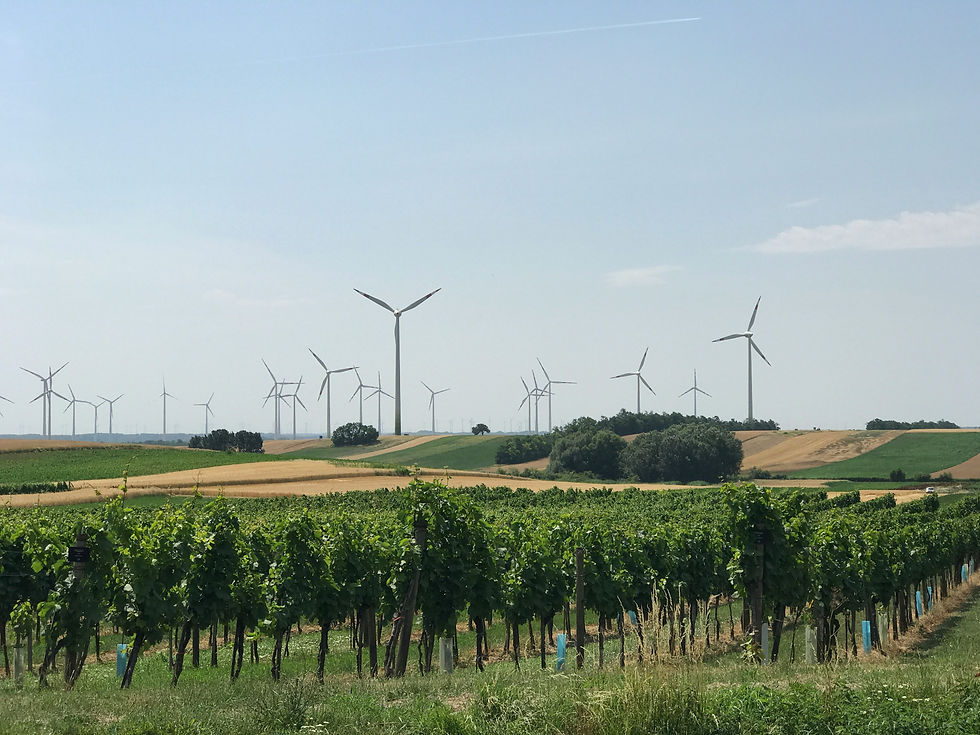
Organic Coffee vs Regular
Understanding the differences between organic and regular coffee can help you make informed choices about your daily coffee brew. While both types of coffee come from the same plant, the methods used to grow and bring them to your cup can vary significantly. Let's look at the differences between organic coffee vs regular coffee.
Organic Coffee
Organic coffee is grown using methods that avoid synthetic fertilizers, pesticides, and genetically modified organisms (GMOs). Farmers rely on natural substances and techniques to improve soil fertility and control pests, to ensure the coffee is grown naturally without any added chemicals with nature.
Organic farms often encourage biodiversity. This means they cultivate a variety of plants and maintain habitats for wildlife, which can contribute to a healthier ecosystem.
With an emphasis on sustainable soil management practices to help maintain soil fertility and structure. Techniques like mulching, cover cropping, and using organic matter improve soil health.
Here’s a quick overview of organic coffee:
Certification: Organic coffee must be certified by an accredited certification agency. Look for labels like USDA Organic, EU Organic, or other national organic certifications depending on where you live.
Environmental Benefits: Organic farming practices promote biodiversity, reduce pollution, conserve water, and help improve soil quality.
Health Benefits: By avoiding synthetic chemicals, organic coffee reduces your exposure to potentially harmful substances.
Regular Coffee
Conventional coffee farming often relies on synthetic chemicals to enhance growth and protect crops from pests and diseases. This can lead to higher yields but may also result in chemical residues in the coffee beans, resulting in food that may not be the most healthy option.
Regular coffee is frequently grown in large plantations, where a single crop is cultivated extensively. This can lead to reduced biodiversity and higher susceptibility to pests and diseases. Intensive farming practices can deplete soil nutrients and require chemical fertilizers to maintain productivity, which can lead to long-term soil degradation.

Going Green With Your Coffee
When it comes to the environment, organic coffee stands out:
Biodiversity: Organic farms support a variety of plant and animal species, promoting ecosystem health.
Soil Health: Organic practices enhance soil fertility and structure, which is critical for sustainable agriculture.
Water Conservation: By reducing chemical runoff, organic coffee farming helps conserve water resources, providing a more friendly environment for the surrounding plants and wildlife.
Conventional coffee farming can contribute to deforestation, habitat loss, and pollution from chemical inputs, while organic coffee is the more natural path for growing coffee beans.
Does Organic Coffee Have Caffeine?
Yes, organic coffee has the same caffeine content as regular coffee. The caffeine level in coffee depends on the type of coffee bean and the roasting process, not on whether it is organically or conventionally grown.
Does Coffee Need To Be Organic?
Coffee does not need to be organic to be enjoyable or beneficial. However, choosing organic coffee can lower exposure to synthetic pesticides and support environmentally sustainable farming practices. The decision depends on personal health priorities and your environmental values.
Is Organic Coffee Healthier?
Organic coffee is generally thought to be healthier in some respects due to lower levels of synthetic pesticide residues. It’s grown without artificial chemicals, which can be beneficial for those looking to reduce their chemical exposure. However, both organic and regular coffee contain antioxidants and other compounds that can offer health benefits. Regular coffee has the same benefits organic coffee has but with added GMOs and pesticides. So does regular coffee actually have the same benefits?
Does Organic Coffee Taste Different?
Many people tend to believe organic coffee has a cleaner, richer taste compared to regular coffee. This can be attributed to the natural farming methods that help improve the soil quality and promote healthier coffee plants. However, taste is subjective, and factors like the bean variety, roast level, and brewing method also play significant roles in determining the taste of the coffee.
Is Organic Coffee Better For You Than Regular Coffee?
Organic coffee can be better for you in terms of reduced exposure to synthetic chemicals and potentially supporting your overall health through better farming practices. However, both organic and regular coffee can be part of a healthy diet, and the impact on your health may not be significant for everyone.

Does Organic Coffee Cost More?
Due to the nature of growing organic coffee, Yes, Organic coffee often comes with a higher price tag. Things that can affect the cost are:
Production Costs: Organic farming methods can be more labor-intensive and require more land.
Certification Costs: Farmers must undergo certification processes that add to the overall cost.
Market Demand: As consumer demand for organic products rises, prices are likely to remain higher.
Should You Buy Organic Coffee? | Conclusion
Here is what you should consider if you are on the line about organic coffee:
Organic Coffee: Grown without synthetic chemicals, promoting biodiversity and soil health. Often more expensive but considered better for health and the environment.
Regular Coffee: Grown conventionally with synthetic chemicals, potentially lower in cost but may have higher environmental impact and health concerns.
Ultimately, the choice is yours. Consider what matters most to you: supporting sustainable farming practices, minimizing chemical exposure, or simply enjoying a great-tasting cup of coffee.
By making informed choices, you’re not just enjoying your coffee—you’re supporting a healthier planet and communities around the world. Cheers to your next great cup!

Helpful. You should highlight the health benefits of coffee in general as there are a great many, including its nootropic attributes.